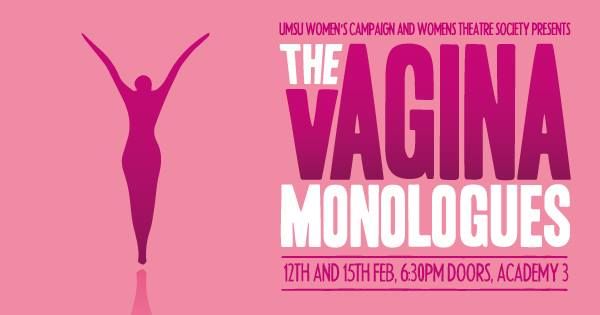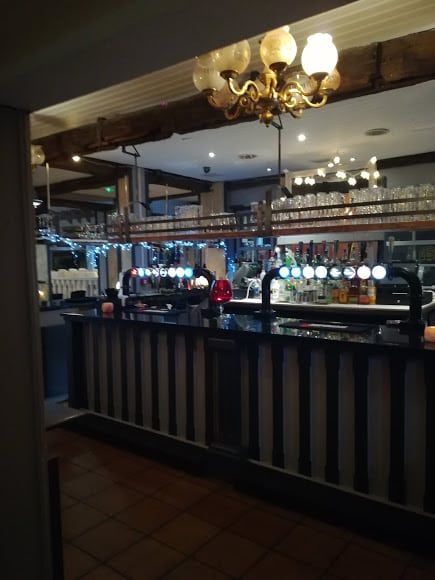The Rise of the Audiobook
Literature has been declared dead many times. From renowned critics such as Walter Benjamin decrying the death of the novel to John Barth declaring that modernism had been exhausted, to a general societal conviction that books are increasingly less important, the literature industry as a whole has faced many perceived crises.
Like most industries, however, it has always found a way to adapt. In 2007, with the high street dying and books struggling to keep up with film, television and games, we saw the Kindle, the product that initiated the mainstream integration of the e-book.
Fast forward ten years, and e-books find themselves in a similar position to that of the high street bookshop. Sales in 2017 were down by a staggering 17%, with most publishers refusing to even publish specific sales figures.
The main beneficiary of this, it would seem, is the audiobook, which has been the fastest growing sector of the publishing industry for the past four years. Just as the Kindle was the catalyst for the success of the e-book, the audiobook has its own intermediary platform – Audible, which is Amazon’s online platform for e-books.
In this article, I will examine the causes of this success, the merits and caveats of audiobooks, and analyse whether this success is here to stay.
I would attribute the rise of the audiobook to two primary factors. The first, and most simple, is Audible itself. Audible, which claimed its customers had listened to a record-breaking one billion hours in 2017, has propelled audiobooks beyond the cassette tape into the mp3 format and integrated it into today’s technology market. Backed by the financial power of Amazon and the abilities of modern smartphones, Audible allows you to get (almost) any book, any time, anywhere.
The second is a more widespread millennial concern: screen fatigue. With screens now an inevitability in the professional sphere and increasingly inescapable in leisure time, modern consumers are drawn to the anti-visual solace of audiobooks which allows for an experience that rests the over-strained faculty of the eyes whilst providing the same literary nourishment.
Audiobooks also provide other benefits. Polyphonic works, for example, such as David Mitchell’s The Bone Clocks are enhanced by having multiple narrators for multiple characters, whilst the contemplative reveries of Donna Tartt’s The Goldfinch are given a certain gravitas by the evenly paced narrative perambulation of David Pittu.
One of the audiobooks’ main appeals is that, unlike a book, it does not demand one’s complete concentration. This means that the audiobook can be used to alleviate the tedium of everyday tasks such as cooking, driving, travelling, exercising or manual labour. The fact that one can use audible to bookmark individual moments makes it a valid option for studying, too.
There are certain cases, however, where the audiobook format is not as practical. David Foster-Wallace’s Infinite Jest, with its plethora of lengthy footnotes is one such case, and post-modernist works which use the physical layout of the page to convey meaning or comment on written convention are also unwieldy in an audible format.
The inherently interpretative figure of the narrator is also a potential drawback. The written word allows for more subjectivity in the reception of literature, whilst the narrator’s and producer’s decisions in how a book is read can shape the meaning of it outside of the consumer’s control.
Nonetheless, for me at least, the audiobook provides a more pleasant way of consuming literature which reconciles reading as a leisure activity and a genuinely worthwhile and thought-provoking pursuit.
The main question, however, is whether this dramatic growth is just that – growth – or whether the audiobook can endure the test of time and provide a genuine outlet for the literature industry.
Trends in technology suggest the answer is yes. Much of modern technology, from computing to architecture, is focused on compression: on making more fit into less.
Books take up a lot of space. An impractical amount, some might argue. The e-book was the first step towards remedying this in that it condensed multiple books into one device, and yet even that was limited to A5 dimensions.
The audiobook is the next natural step in this progression, allowing for physical compression down to the size of an Ipod Shuffle – or as small as any device that can store data and remain usable; sizes at which written text would be impractical.
I’m not saying that audiobooks will kill the written book: quite the opposite. By providing a viable alternative to the way that we consume literature, audiobooks have diversified the industry and will only benefit literature as a whole in the long term. For a genre that’s dead, there a lot of life here.













